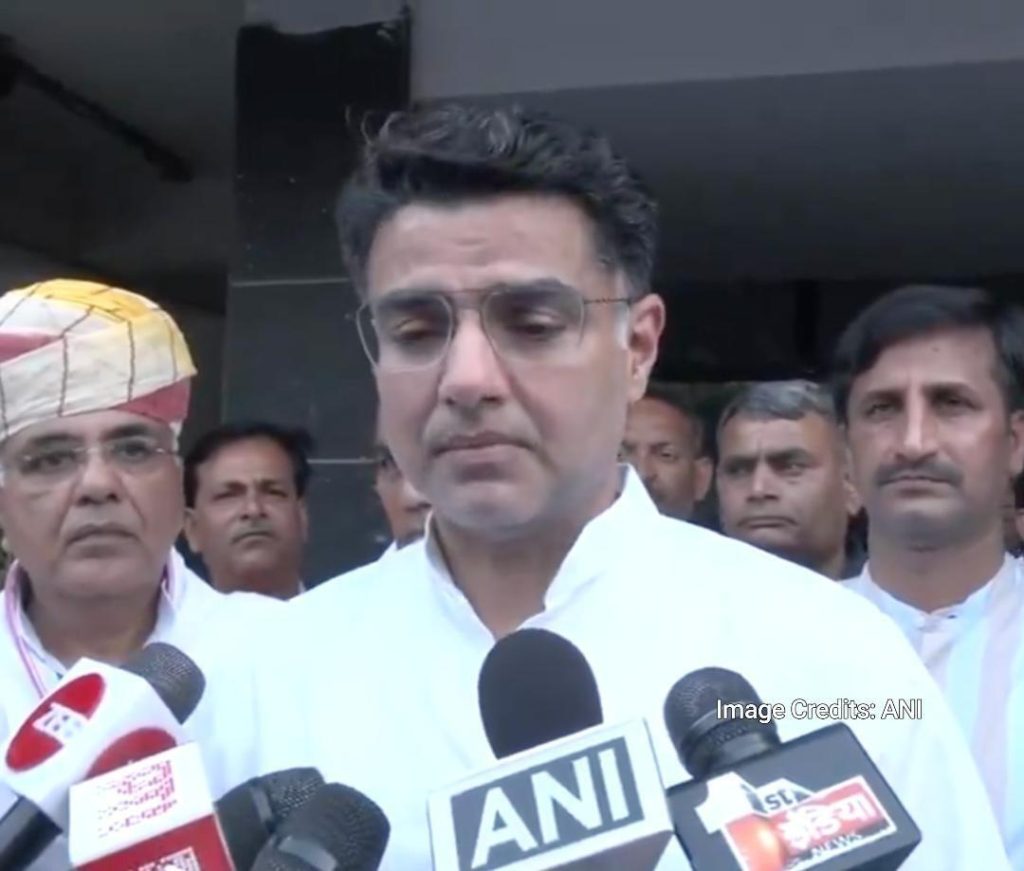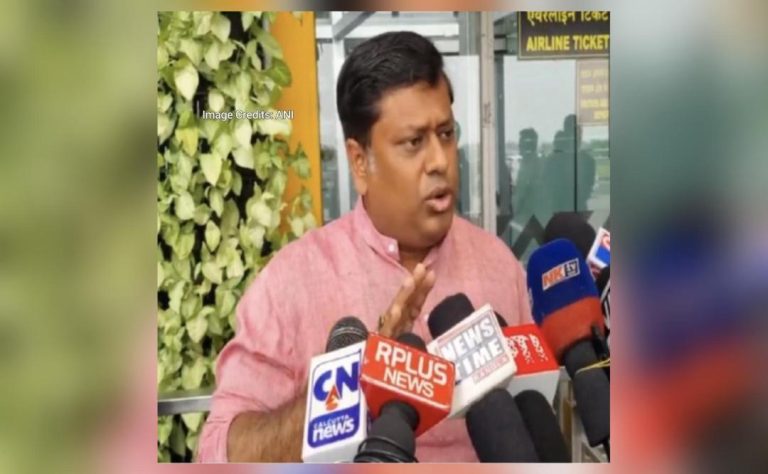
Govt accepted there was a security failure: Pilot on J&K attack
The recent terrorist attack in Pahalgam, Jammu and Kashmir, has sent shockwaves across the country, leaving many questions unanswered. The attack, which resulted in the death of several people, has raised concerns about the security lapses that led to the incident. In a recent statement, Congress leader Sachin Pilot shed light on the matter, stating that the government has accepted the presence of a security failure.
During a press conference, Pilot emphasized that the government’s acknowledgment of the security failure is a crucial step towards addressing the issue. He stressed that an investigation into the incident is necessary to understand how the terrorists managed to enter India. However, he also urged people not to indulge in blame game and instead, come together to give a befitting reply to the perpetrators.
“There must have been some loophole, and the government has accepted it,” Pilot said, hinting that the security agencies failed to anticipate and prevent the attack. He also highlighted the need for a thorough investigation to identify the gaps in the security system that allowed the terrorists to infiltrate.
Pilot’s statement has sparked a heated debate about the security situation in Jammu and Kashmir. The region has been facing a surge in terrorist activities in recent months, with attacks becoming more frequent and deadly. The government’s inability to prevent these attacks has raised questions about its effectiveness in tackling terrorism.
The Pahalgam attack is the latest in a series of incidents that have led to a significant deterioration in the security situation in Jammu and Kashmir. The region has seen a rise in terrorist activities, with several attacks on security forces and civilians. The government’s failure to contain these attacks has led to widespread criticism and concern about the state’s safety.
The security failure in the Pahalgam attack is not an isolated incident. There have been several instances in the past where security agencies have failed to prevent terrorist attacks. The most recent example is the Pulwama attack, which resulted in the death of over 40 CRPF personnel. The attack was carried out by a suicide bomber affiliated with the Jaish-e-Mohammed (JeM) terrorist group.
The government’s response to the Pahalgam attack has been criticized for being slow and inadequate. The attack was carried out on a busy day, when tourists and pilgrims were visiting the Pahalgam valley. The lack of adequate security measures in place has raised questions about the government’s priorities.
Pilot’s statement has also sparked a debate about the need for greater coordination between security agencies. The Pahalgam attack highlights the need for better intelligence gathering and sharing between agencies to prevent such incidents in the future.
In conclusion, the Pahalgam attack is a stark reminder of the security lapses that have plagued Jammu and Kashmir. The government’s acknowledgment of the security failure is a step in the right direction, but it is essential to go beyond mere words and take concrete actions to prevent such incidents in the future. The need for greater coordination between security agencies, better intelligence gathering, and more effective counter-terrorism measures cannot be overstated.
As the country moves forward, it is crucial to address the root causes of terrorism and work towards creating a more secure and stable environment. The Pahalgam attack is a wake-up call for the government to take concrete steps to prevent such incidents in the future.






